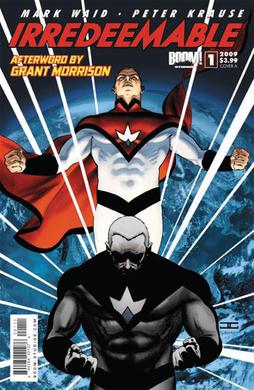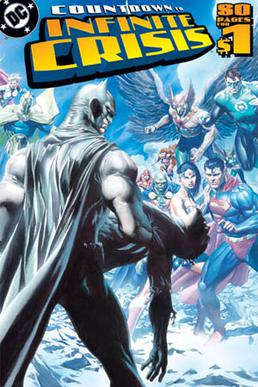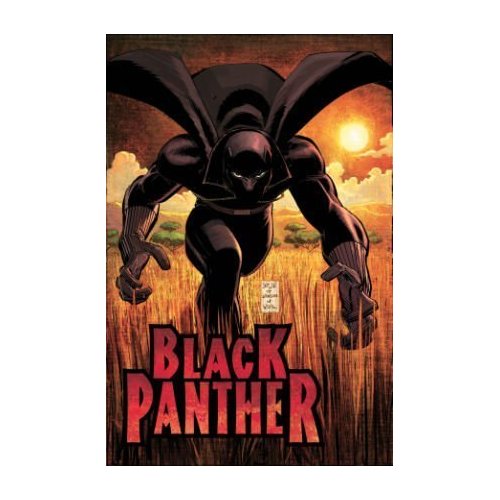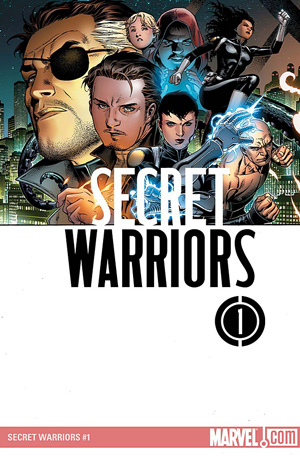Yes............and no.
I missed getting up the last blog yesterday, which was the original intention for that topic. It will happen, from time to time, that I will be written out (I do a lot of recreational writing over at Federation X) on some occasions or I will give up the writing time in order to spend a little bit more quality time with the family, and I will be behind my goal of posting a blog each day. Most of the time that will result in me writing an extra blog the next day. This is one of those occasions.
Before I get into the book I want to talk about today, I'm going to answer a question I got over MSN (you can always find me there under lord_noron@hotmail.com) the other day. How exactly do I choose the topics that I'm blogging about on any given day. Why is it books some days, writers on other days and some days its just the general state of the industry. The answer is very simply that I write about whatever I feel like at the time. Sometimes I've been discussing a book with somebody and I feel passionately that I need to expose other people to it. Other times I'm pissed off with the way in which a company has handled a situation and I want to rant about that. Whatever it is you see on a given day, you can count on the fact that it stemmed from a conversation or a book that I read.
Which is the case with today's topic; Irredeemable.
Are you reading this small publishers brilliant book about a world in which their iconic hero has turned evil? if you're not, you should be. I speak at length about a number of writers who changed my grasp of what comic books could be, and Mark Waid is always foremost in my mind during that dialogue with anyone. For me Mark is the man who made The Flash a book I couldn't afford to ignore, gave us all the epic elseworld Kingdom Come and isn't afraid to exploit the darker aspects of our heroes for the benefit of sensational story telling (Tower of Babel in JLA comes to mind!)
Irredeemable (and its new companion book Incorruptible) are published by BOOM! Studios and are absolutely fantastic. The Plutonian is this world's version of Super-Man and he is so far above the power level of his peers that it's like seeing a Justice League with Superman, Green Arrow, Black Canary, Beast Boy & Plastic Man; you wonder if he just keeps them around to make them feel needed. Power and a sense of separation from the world he serves is where the similarities begin and end though. In this interpretation of the archetype hero that started it all, we get a man who isn't nearly as resolute as he at first appeared.
"What if you go from, you know, Captain America to Doctor Doom? What if you go from Superman to Lex Luthor? How do you go from being the greatest hero in the world — someone that everybody knows, and everybody loves, and everyone recognizes — to the greatest villain in the world? What is that path? It's not a light switch, it's not an on-off switch, it's not something that you wake up one day and just become evil."
—Mark Waid on the basis for Irredeemable
In this series, Mark tackles a subject that most of don't give a lot of thought to; what if a person isn't properly equipped emotionally to deal with the stresses placed on the world's greatest heroes? In too many cases we see that the general understanding in comic books is that if they put on the spandex, they have what it takes at heart. Life isn't like that though, and in this book Mark draws on the real life struggles of people to cope emotionally with what the world gives them for a life, while remembering that his readers have come looking for stories about people who fly.
In Superman we have been shown the ideal; a man who is at his best when the world is at its worst. In The Plutonian we are shown the exact opposite. He is a man who wanted to be the best, but whose fragile emotionally layers were chipped away by the insecurities and psychological damage that was forged in him as a child. His eventual failure as a hero, and actions as a villain seem almost inevitable in the context of his story, and yet they remain terrible demonstrations of the worst elements of humanity's capacity to lash out at others in times of pain and suffering.
This series is another homerun from Waid, and I hope it is getting enough exposure to keep it in publication for some time to come. It may be the best hero comic not published by DC or Marvel. As a little extra for you, here's the link to the youtube video the company launched in advance of the series being released. Small companies do some of the most interesting things.
World Premiere: Mark Waid's Irredeemable: The Trailer
I'm thinking that tomorrow we should take a break from talking about great super-hero comics and talk about the terrific non-hero books that are being published right now.
What do you guys think?






